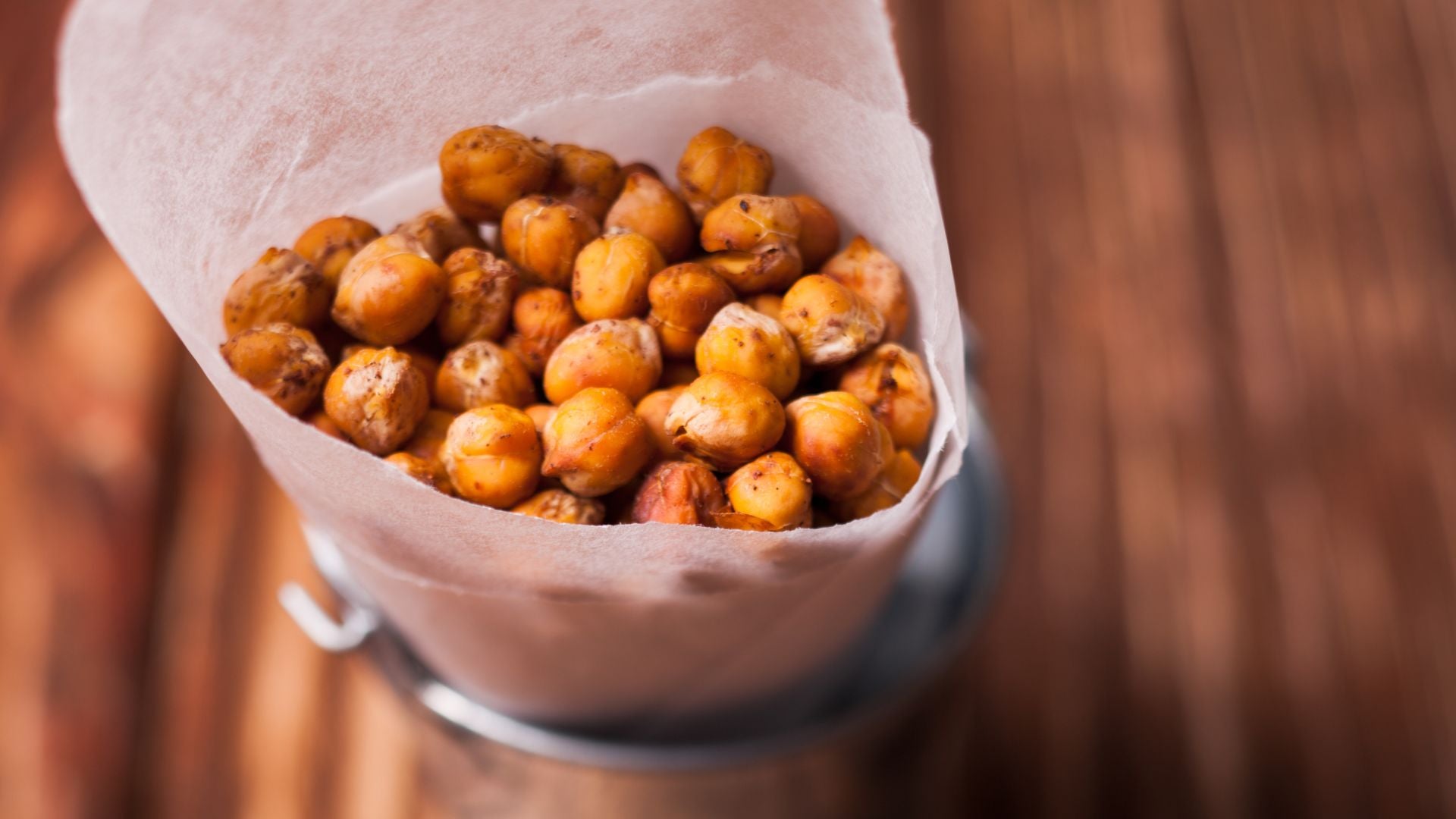
Simple VS Complex Carbohydrates
Why Do We Need Carbohydrates?
Carbs are responsible for providing energy, as well as storing it for later as glycogen. Picture the muscles and the liver like a spare fuel tank. If one runs empty by not eating enough, waiting too long in between meals, exercising intensively – more energy is made from glycogen by turning it into glucose.
Simple VS Complex Carbohydrates
Simple carbs are converted into energy quickly, which doesn’t last for long. So, to stay energised throughout the day and avoid blood sugar spikes, complex carbs are more beneficial. Also, the brain is powered by carbs, so even if it seems like one sitting on their laptop all day working, those carbs are being burned! This is because the brain is estimated to use 60-70% of the body’s glucose (~120g) in a resting state, when one is not doing absolutely anything. This explains the headaches, dizziness, fatigue and weakness experienced on low-carb diets. These effects may also be felt when quick-releasing instead of slow carbs are chosen, as the energy from quick/simple carbs is not maintained for a long enough time.
Carbohydrates at Kurami
This is why at Kurami, we use slow-releasing, complex carbohydrates, such as gluten-free whole grains, pulses, fruit and starchy veg instead of simple, white flour products, or ultra-processed sweets and pastries.
Whole Grains
It is not uncommon to think that a gluten-free diet is restrictive and limiting, but we are here to prove otherwise. Our kitchen is packed with a wide range of gluten-free whole grains, such as amaranth, sorghum, buckwheat, quinoa, gluten-free oats and brown rice. Simply switching up the grains enables to increase diversity, flavours and textures, as well as expand the number of sources of various minerals and vitamins.
Pulses
Pulses are a source of complex carbohydrates, meaning the energy from them is released slowly into the bloodstream, keeping blood sugar balanced and helping to stay fuller for longer. They are also a source of protein and various amino acids within the proteins, particularly important for those on plant-based diets. Fibre in the pulses helps to feel full and benefits the gut bacteria.
Overall, pulses are a very well-rounded group of foods from a nutritional standpoint, as they contain the macronutrients that prevent hunger soon after eating, are naturally low in fat and they are a source of a wide range of minerals, such as iron, selenium, zinc ,folate, calcium and magnesium, all of which have important roles in keeping the body healthy.
Kurami meal plans are filled with chickpeas, lentils, all sorts of beans, as well as our in-house chickpea and lentil tofu versions. We also use high-fibre GF flour, such as chickpea or buckwheat flour for complex carbohydrates. Both of these flour options are also significantly higher in fibre than regular flour.
Fibre
The average fibre intake in the UK is ~18 grams per day, while the recommended intake is 30 grams per day, meaning that people consume just slightly over half of the recommended amount of fibre. Studies that examined the relationship between food and mood (positive mental health outcomes) included 50 g/d. This amount is common in the Mediterranean diet, which is also linked with a reduced risk of heart disease.
This is why aiming to boost fibre in all Kurami dishes is at the forefront of menu development by including a wide range of fibre-containing complex carbohydrates. We use various root vegetables, like carrots, beetroot or sweet potato to make our gnocchi, as well as a rainbow of fruit and berries in our sweet breakfasts and balanced desserts.
We are proud to include 100+ plant varieties across all our menu plans, which includes not only complex carbohydrates from all of the mentioned foods, but also an array of aromatic herbs and spices from various global cuisines.



